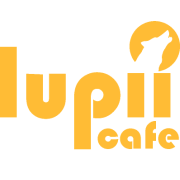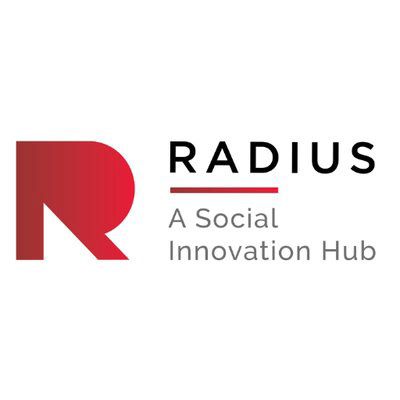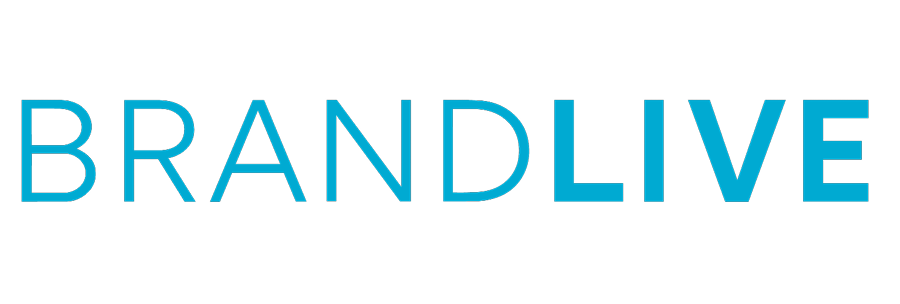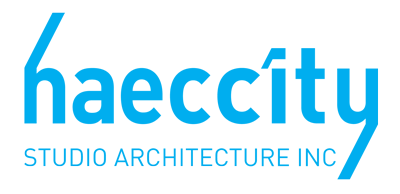CO FOUNDER AND INDUSTRIAL DESIGN LEAD. 2013-2017
Basic Design, co-founded by Theunis and Jesi Carson, embarked on a transformative journey to redefine the value of waste, crafting unique products, furniture, and spaces from landfill-bound materials. Their innovative work laid the groundwork for the Vancouver TrashLab project, showcasing the potential of upcycling in addressing the city’s landfill waste crisis.
By employing diverse research methods, including "research through design" workshops with design and engineering students and makers, and interviews with local film industry sustainability experts, Basic Design uncovered valuable insights into the recycling challenges and upcycling opportunities. These findings informed their approach to creating new value through design skills and methodologies, emphasizing the importance of community engagement and sustainable material use.
Three key insights emerged from their work:
Low-value raw materials can inspire radical new forms, empowering creators to explore innovative designs.
Non-recyclable materials can be repurposed into viable small production run consumer goods, demonstrating the feasibility of upcycling.
While upcycling presents a viable business model, the challenge of scaling to mass production without increasing the carbon footprint and risk of landfill disposal remains.
Basic Design's pioneering efforts not only highlight the complexities of establishing a sustainable upcycling business model but also contribute significantly to the Vancouver TrashLab project. Their approach underscores the need for innovative strategies that balance environmental benefits with economic realities, ensuring the sustainability of upcycling initiatives.
Women's world cup soccer banners & Film Industry waste EPDM
Designing with waste, as a business.
Basic Design, co-founded by me and interaction designer Jesi Carson in 2013, emerged from our observation of the film industry's wasteful practices, discarding materials that, while not valuable enough to be saved, were still perfectly usable. Motivated by this, I began salvaging materials from film sets, sparking the idea to repurpose them creatively. Our journey began with constructing an entire design studio from materials destined for the landfill, marking the start of our venture.
By 2015, we had successfully diverted approximately 10,000 pounds of materials from the landfill. Our projects spanned a diverse range, from designing consumer goods like sports apparel to crafting a zero-waste coffee shop interior and collaborating on large-scale interior design projects with architectural firms, as well as furniture creations.
Basic Design operated out of MakerLabs, a makerspace in Vancouver, from 2013 to 2017. Our journey and projects are documented on the Basic Design Facebook Page, serving as an archive of our innovative work in reducing waste through creative repurposing.
INDUSTRIAL DESIGN- Soft Product design.
EPDM PRODUCTS
These products are made with EPDM, a non-toxic rubber used as a pond liner on film sets. Sourced from the local film industry, this material would otherwise be bound for the landfill after use, often one day. Basic Design collects EPDM, prototypes and cuts patterns using a laser cutter at Makerlabs, and sold the items locally in retail stores and craft fairs. The banner bags were made from banners from the World Cup Women's soccer tournament that was hosted by the City of Vancouver.
FIFA BANNER BAGS
Basic Design collected 2500 square feet of banner signage from the FIFA Women's World Cup soccer event that took place in Vancouver in the summer of 2015. We prototyped, tested and came up with two simple summer bags that cellebrate the mesh quality of the banner material. These bags are breathable, light and strong. Plus, each bag is completely unique with colours varying from red and white graphic text to bright rainbow patterns. All our Banner Bags are cut and sewn by hand at our studio at Makerlabs in Vancouver.
PRINTING BLANKET PRODUCTS
Printing blankets are a disposable item that gets discarded by printing houses as they are too hard to work with, both to sew and cut. We prototyped some products and sold few. But we tried.
EPDM Phone Case/wallet
Waste diversion 2015
BRANDLIVE- Canada Day Expo 86 Throwback room

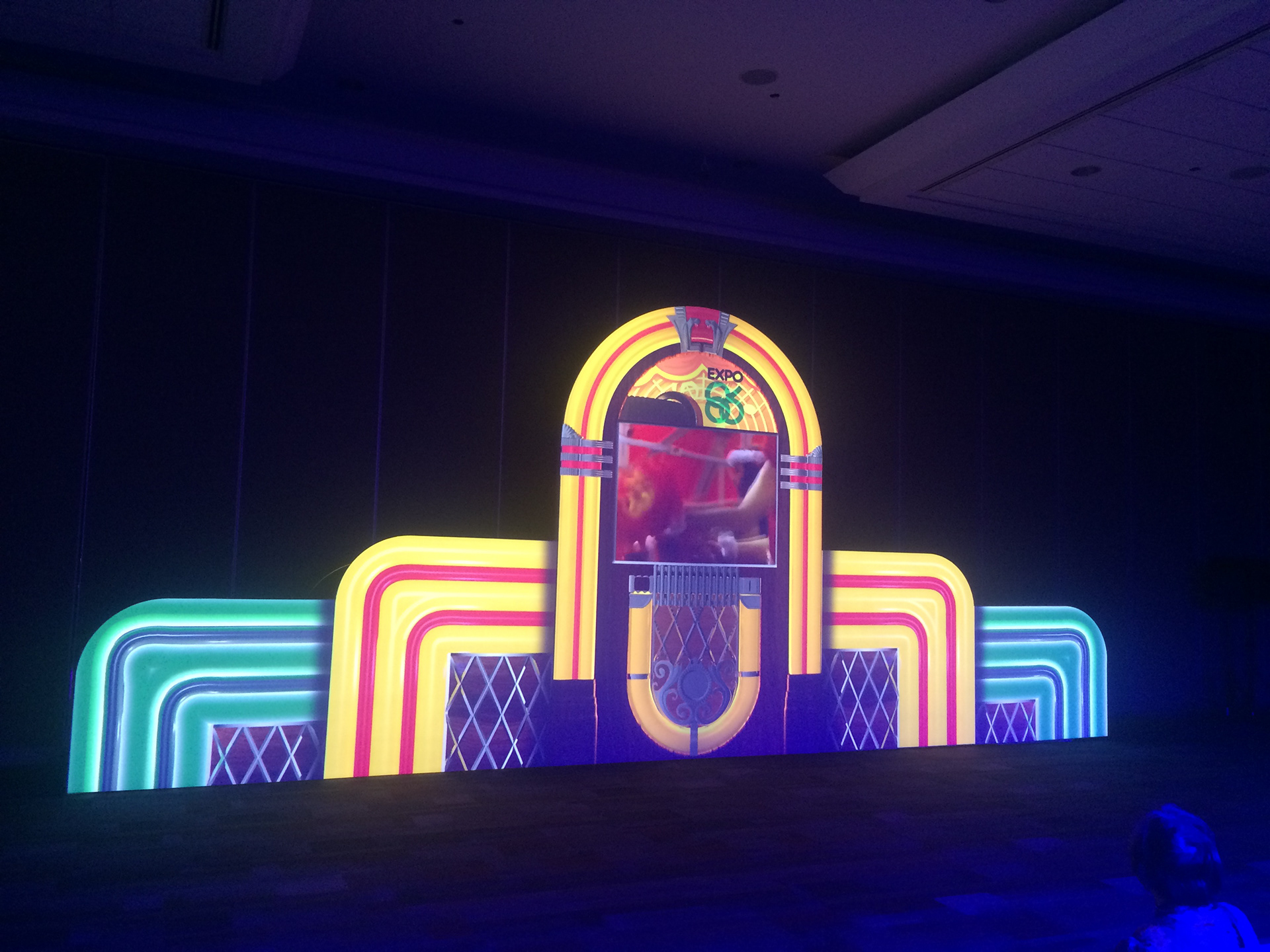



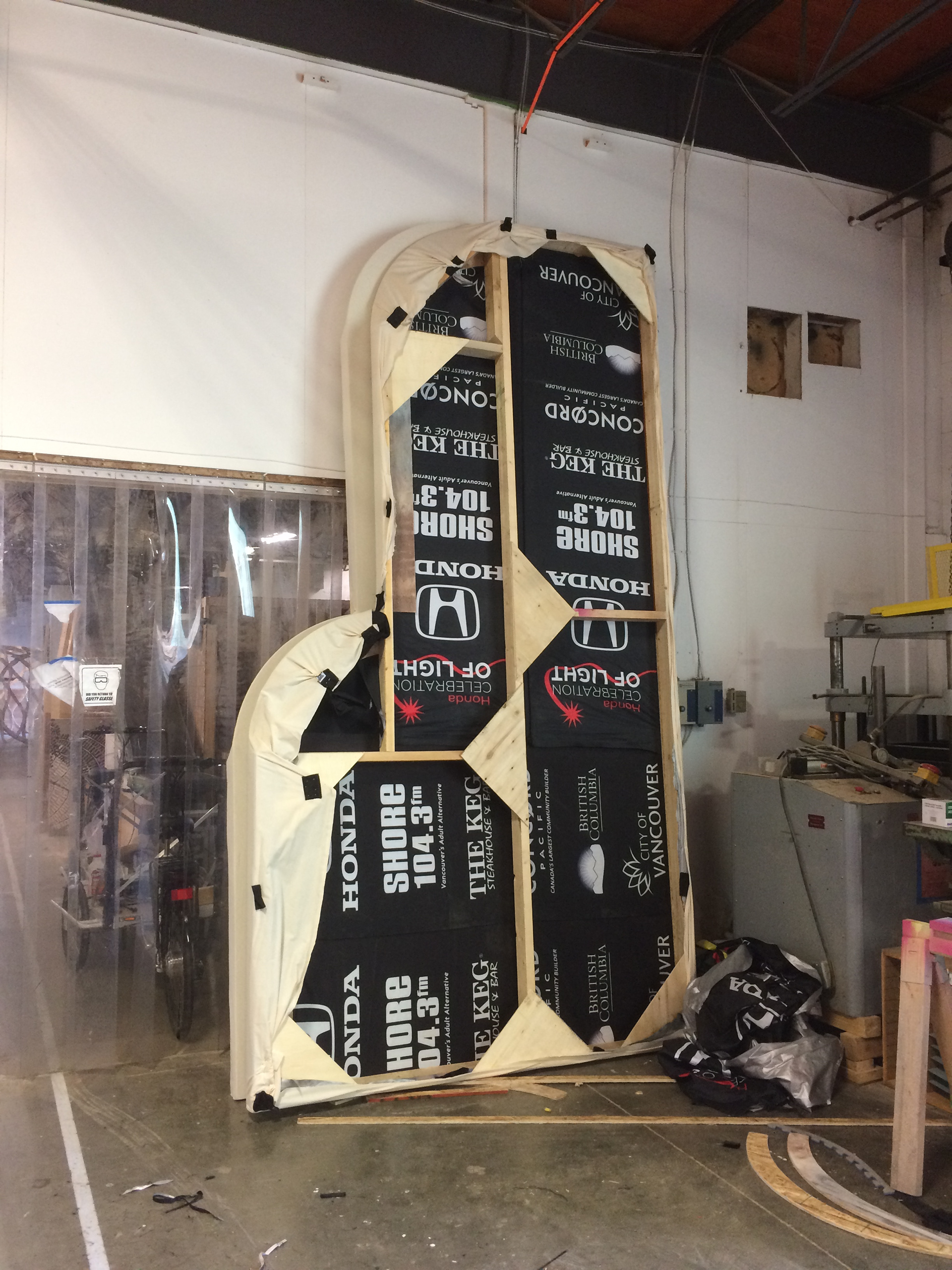
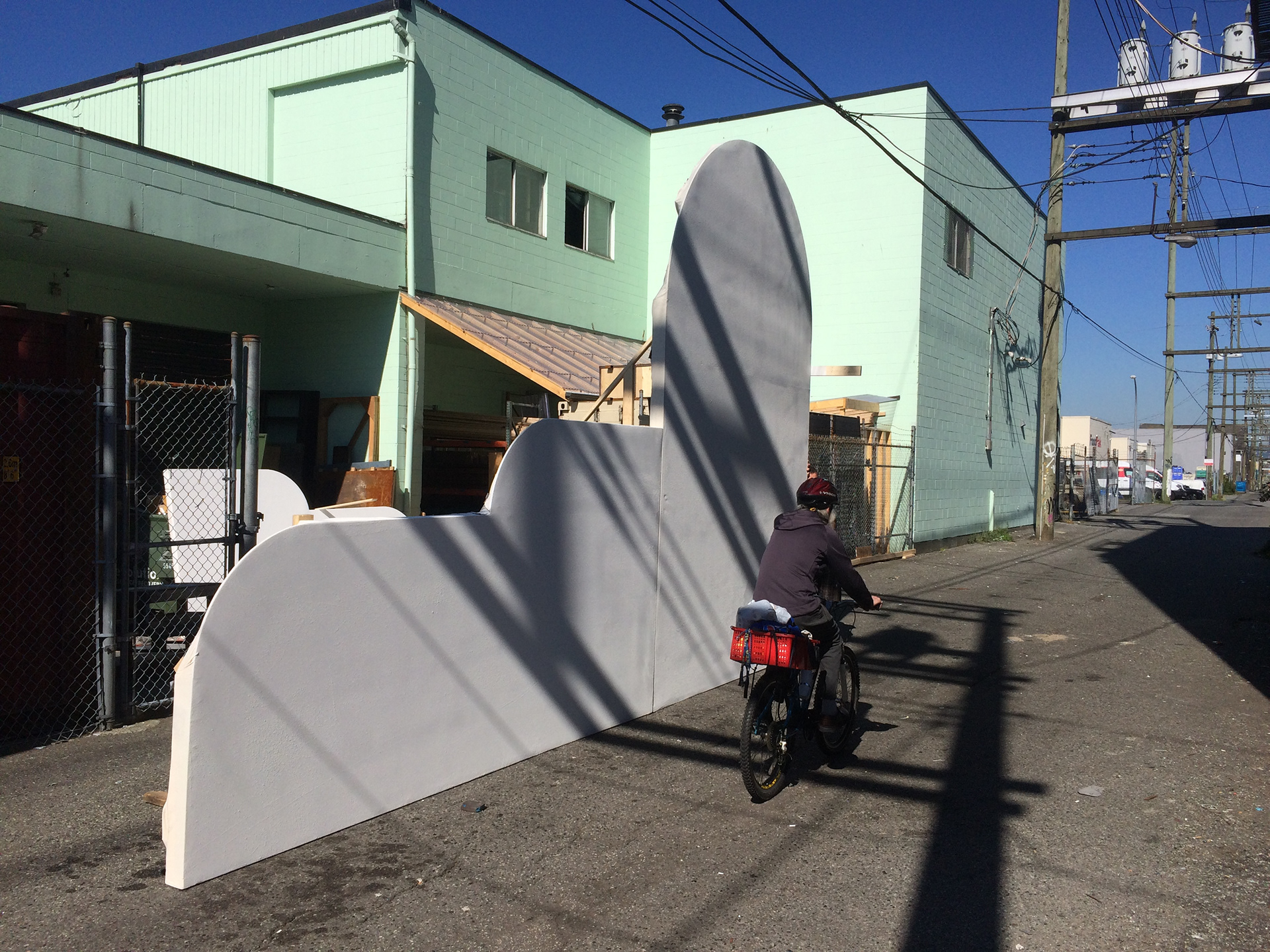
13th & Cambie - Haeccity Studio Architecture
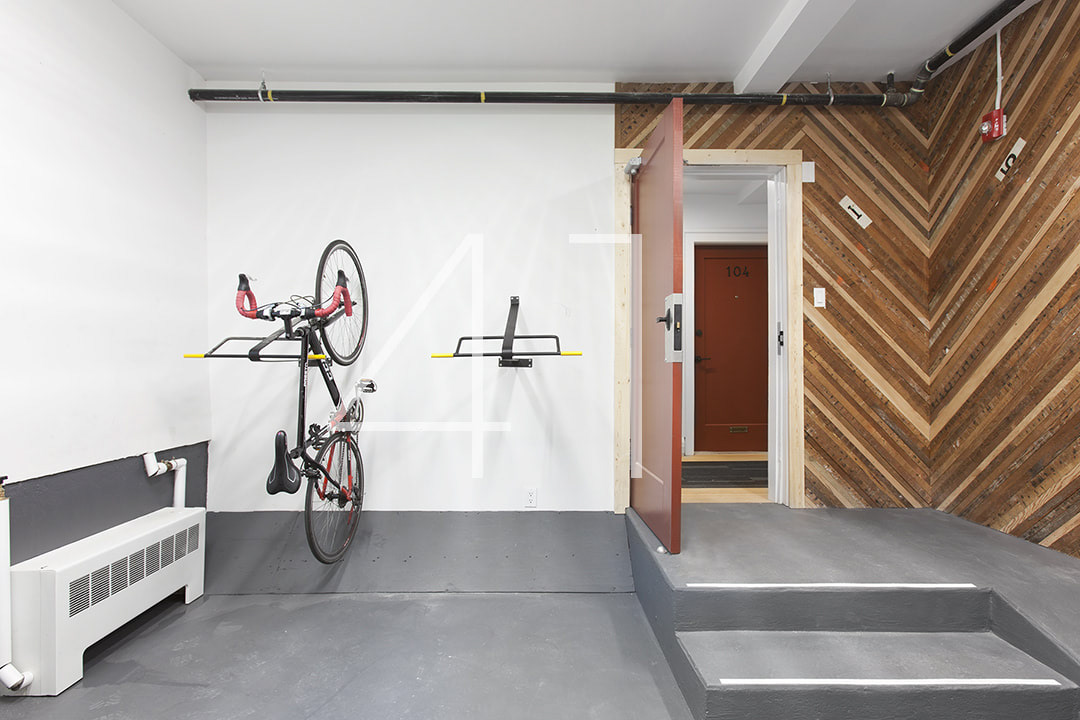


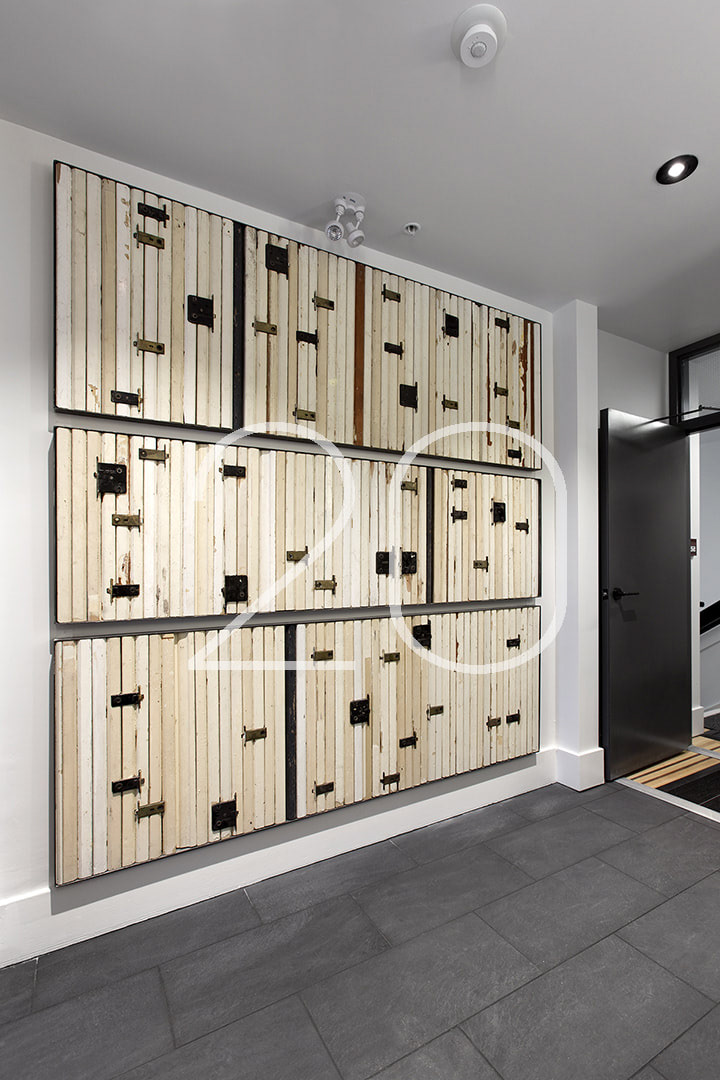
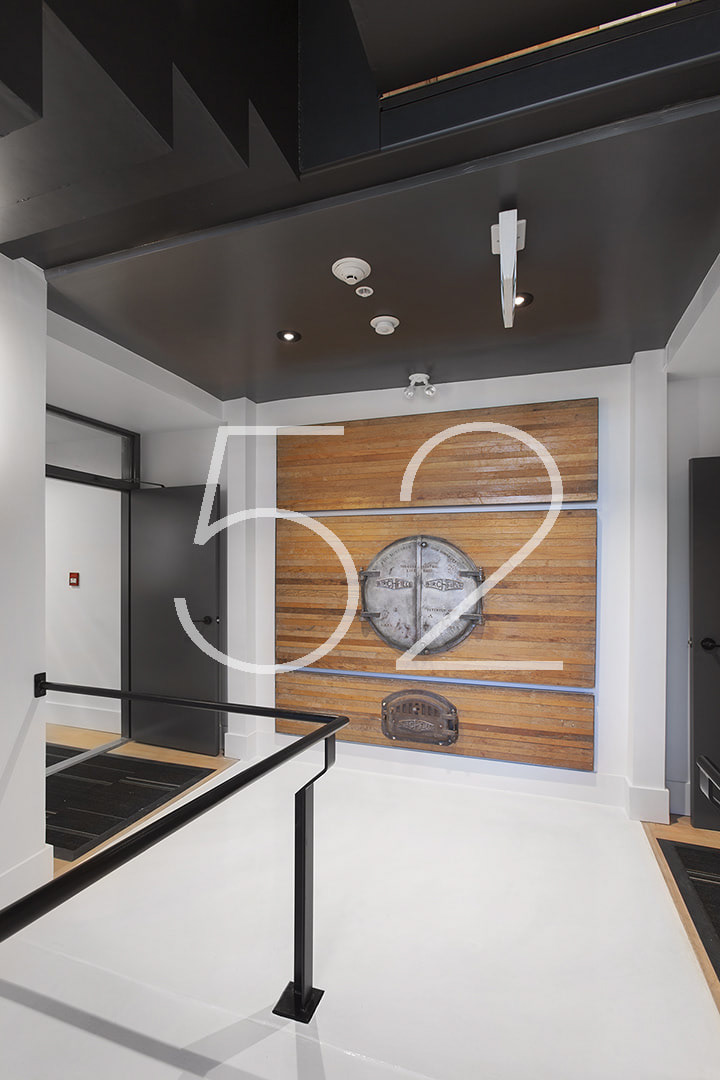
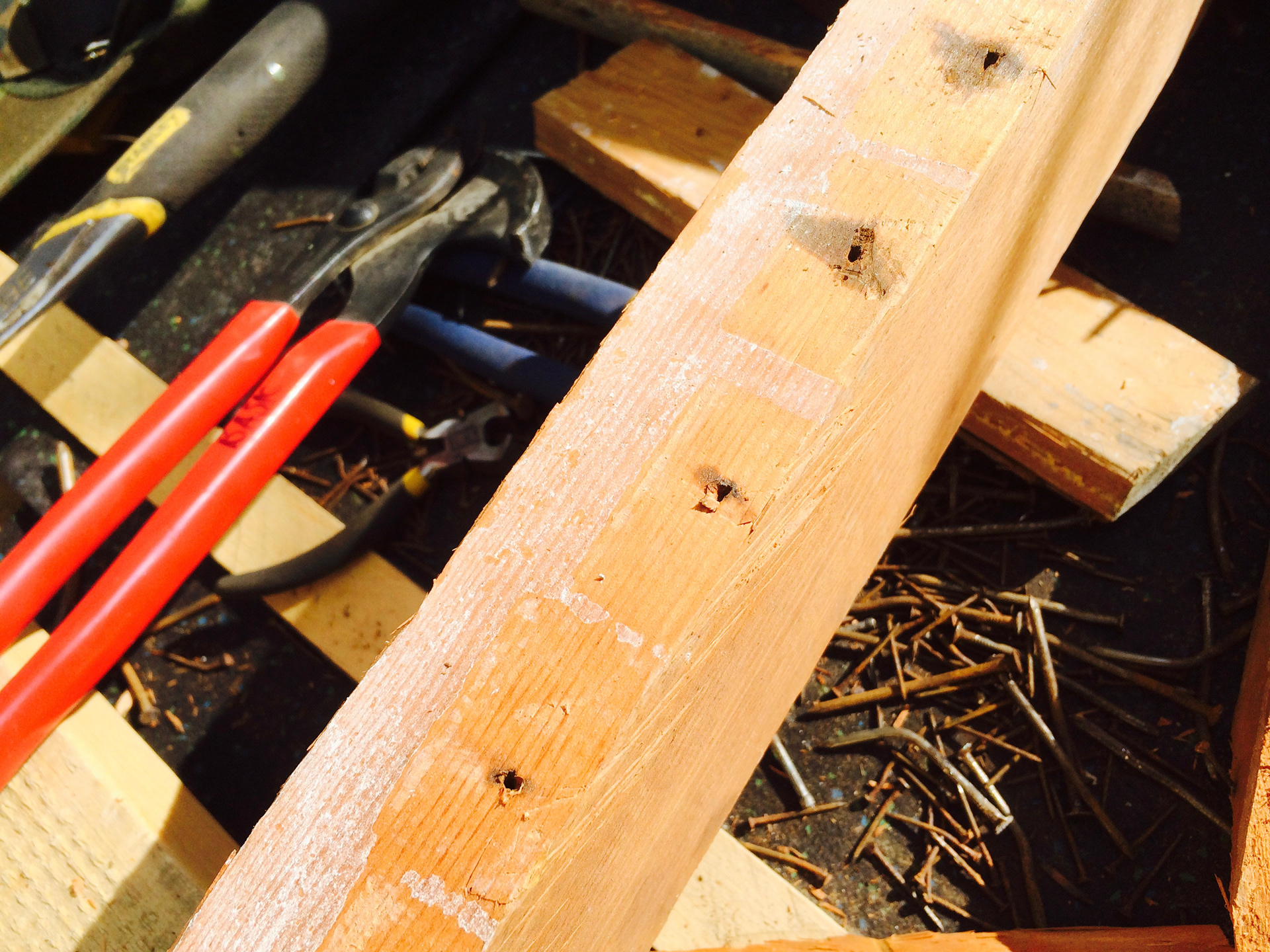


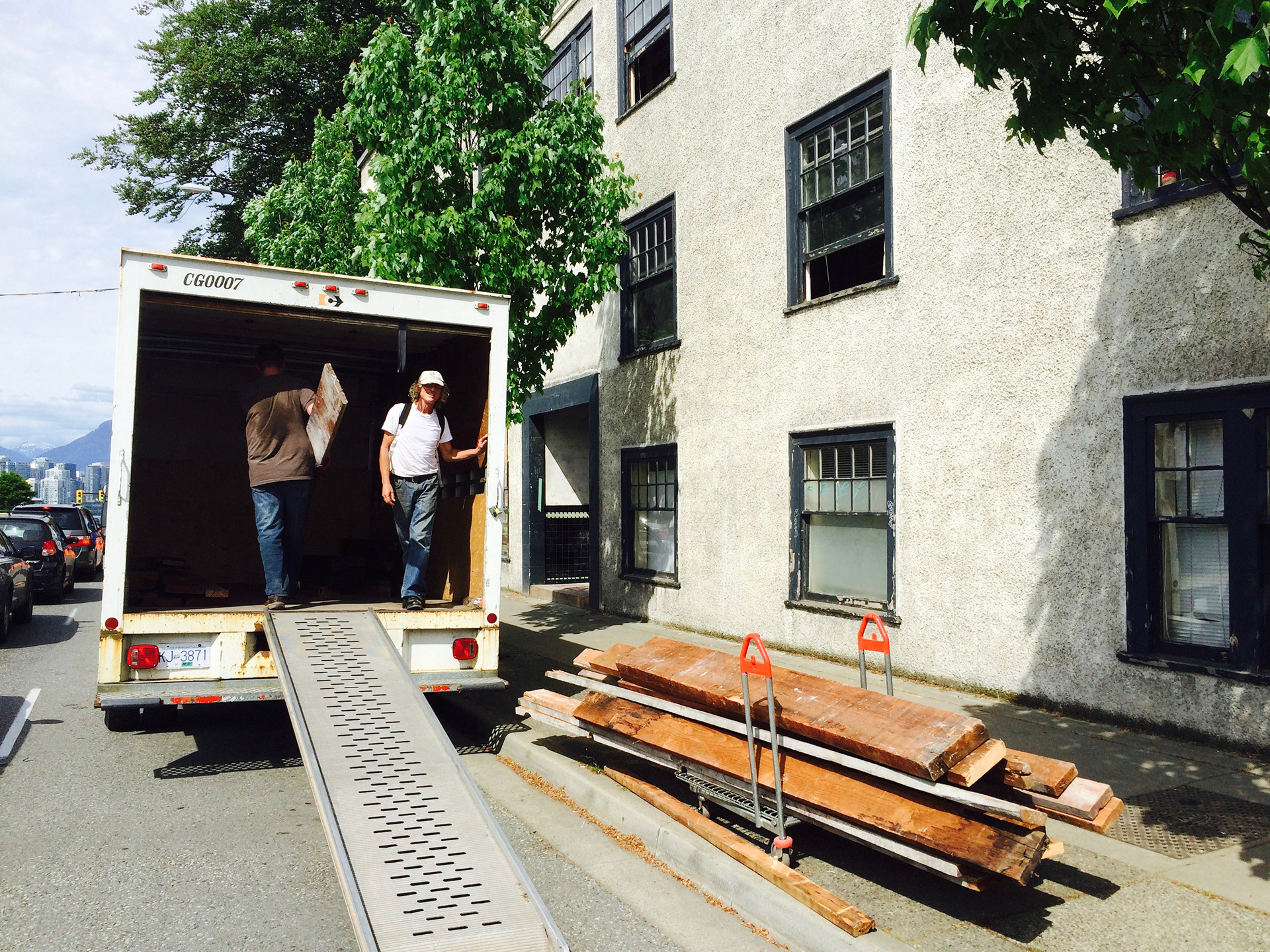
The Hive Vancouver
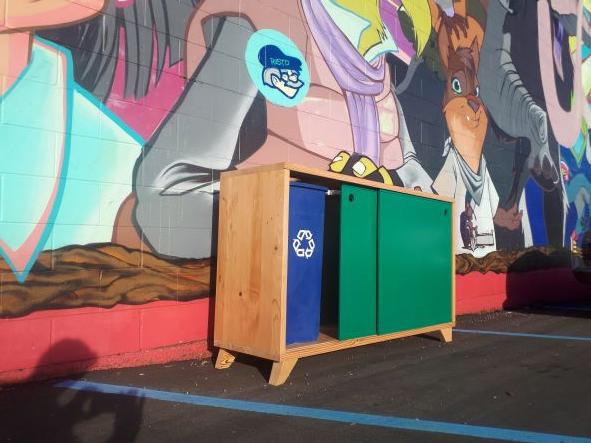

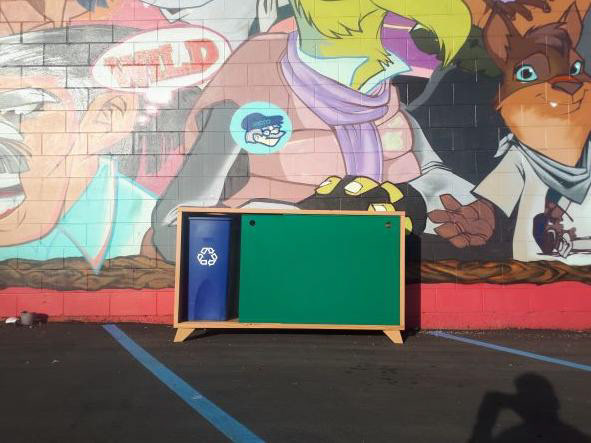
Lupii Cafe
Basic Design was approached to help design and build a coffee shop interior using only upcycled materials destined for the landfill.
Materials that were gathered from a flooded school gym, shelving from the video store that used to be Lupii Cafe, and materials donated by DeBRAND Vancouver. The rebar legs on the tables and front counters were collected from a metal recycler.
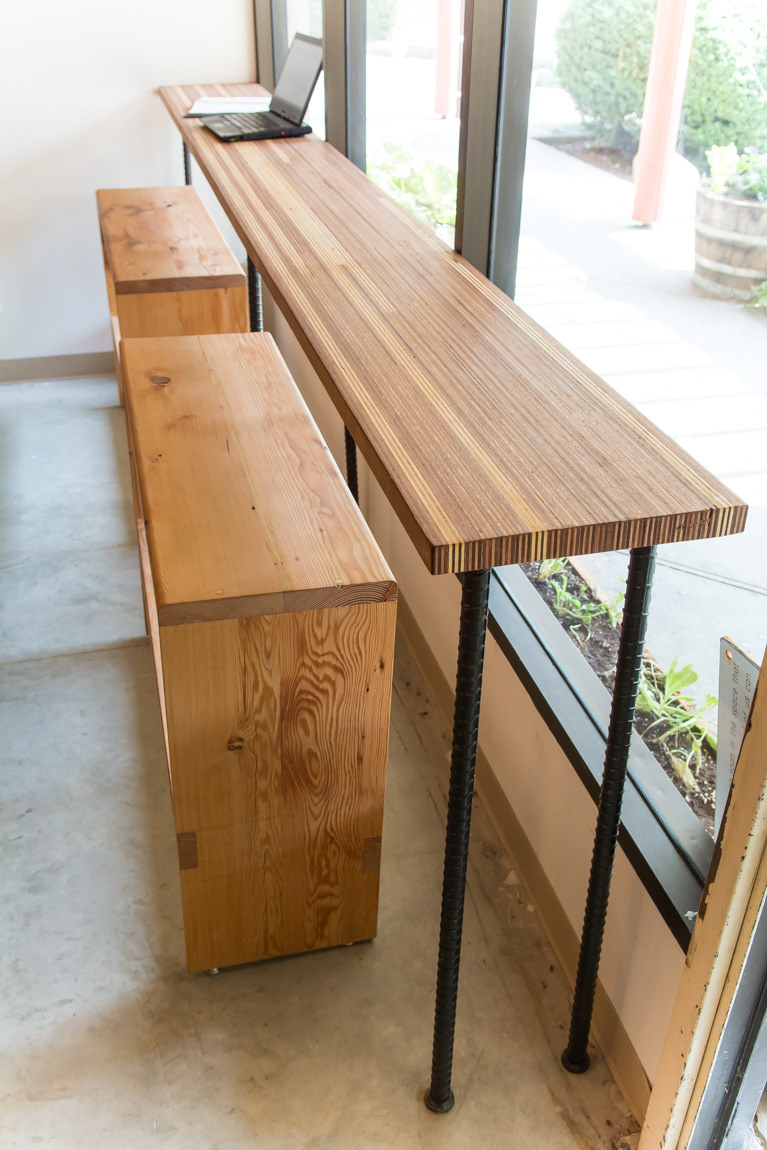
Douglas Fir reclaimed

Arcteryx display case plywood
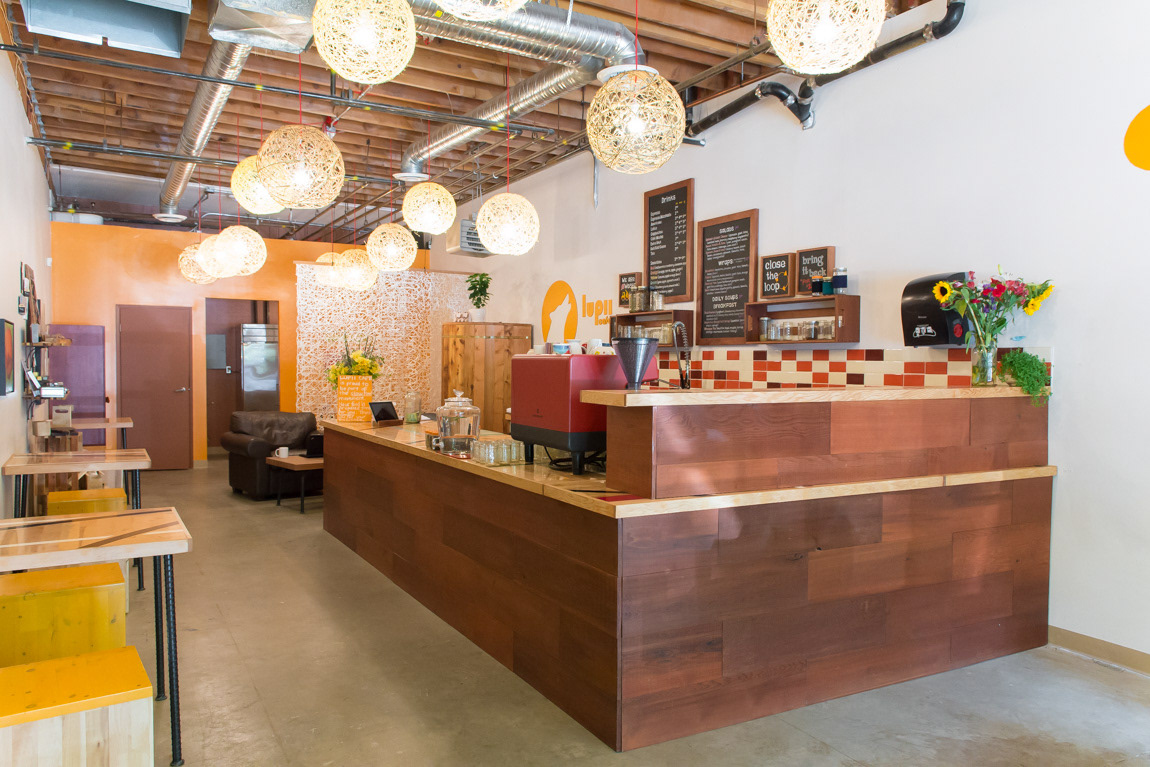
Gymfloors and Cedar Shelving

Plywood display cases
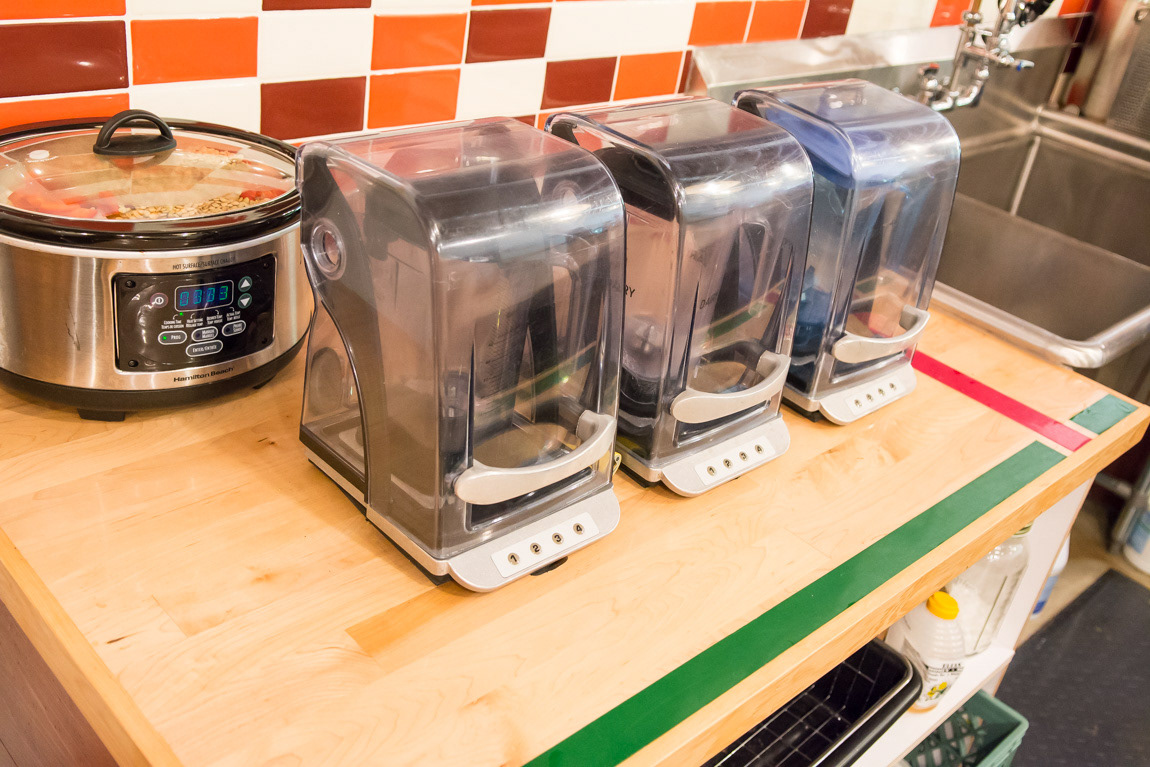
Gym floor


Doug fir
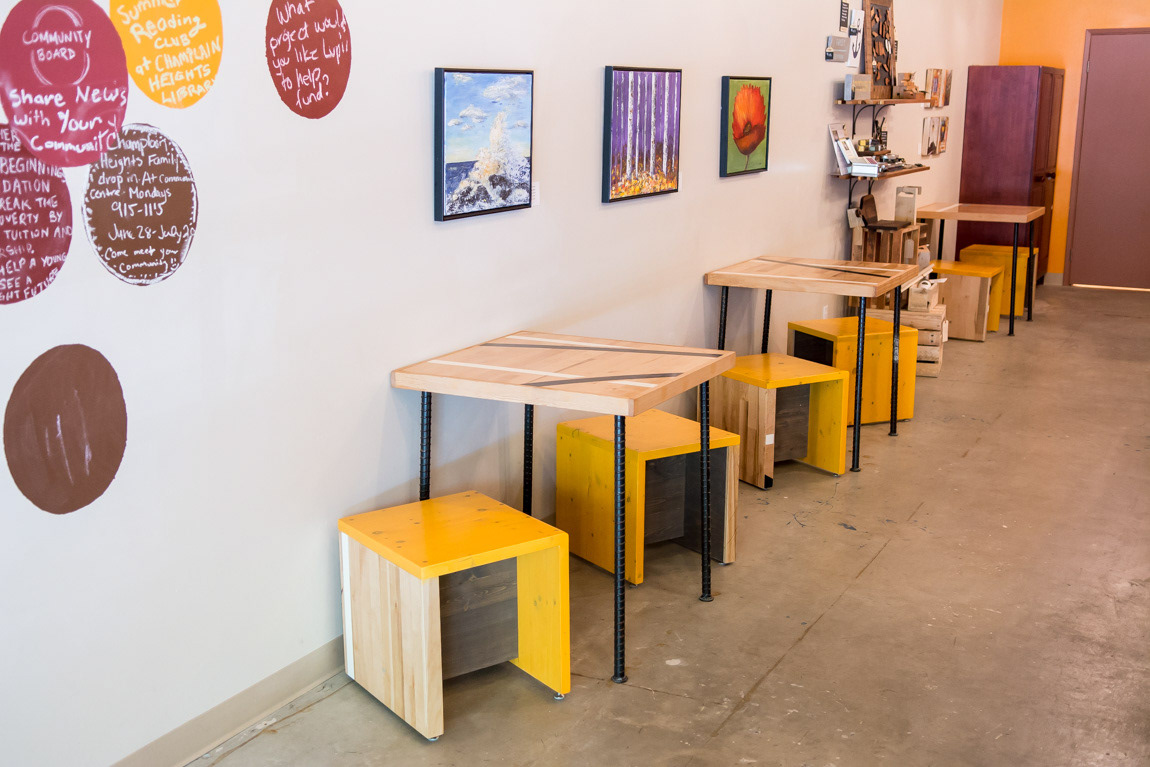
Reclaimed rebar and gymfloors
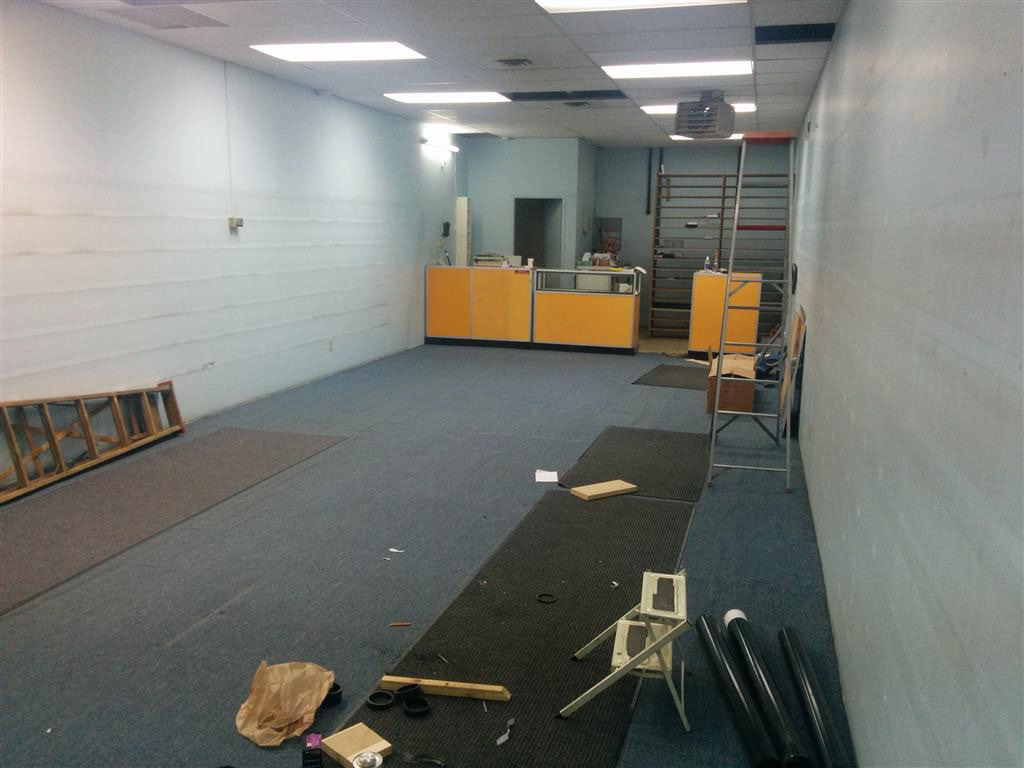
Lupii Before
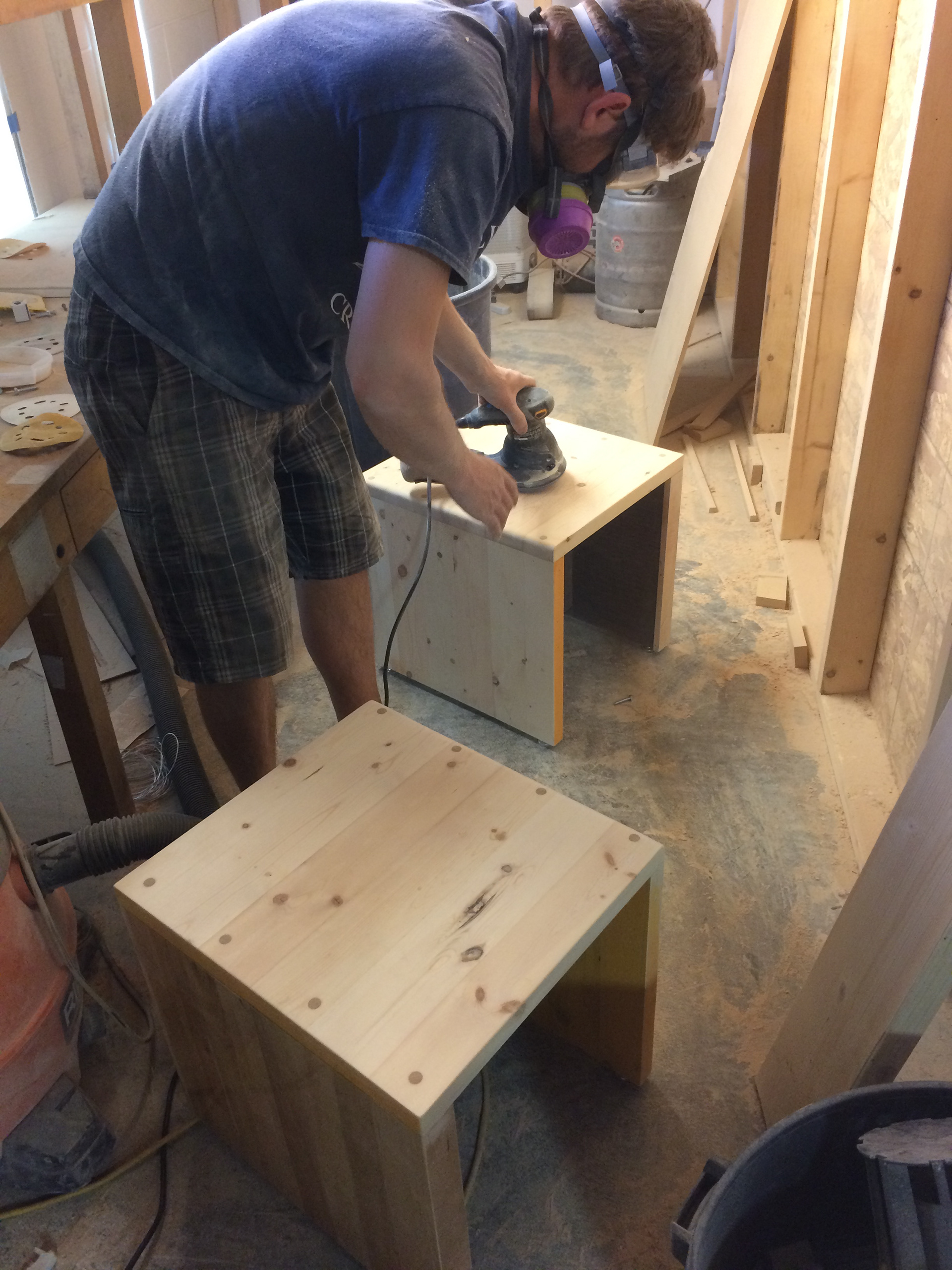

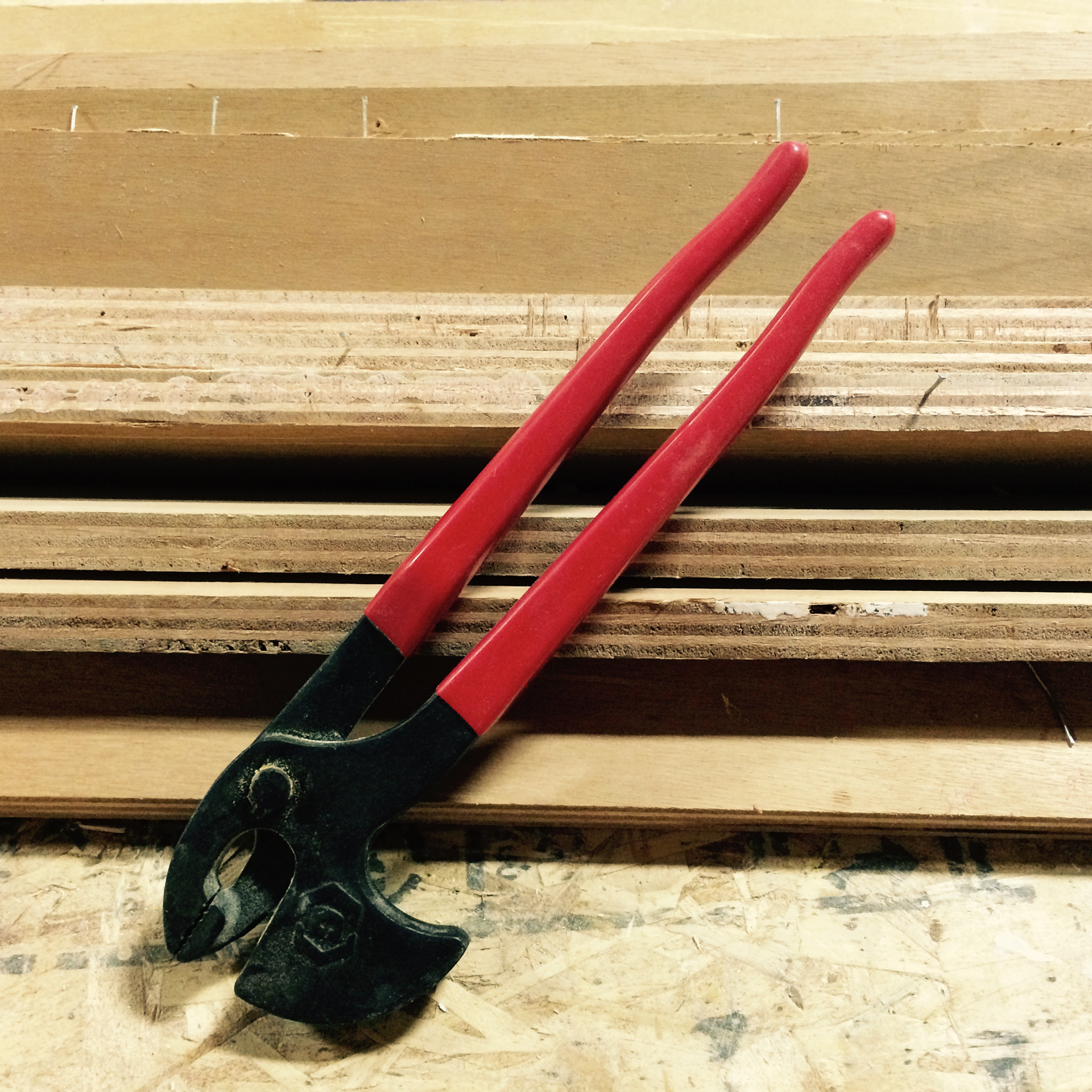
DeBrand materials.
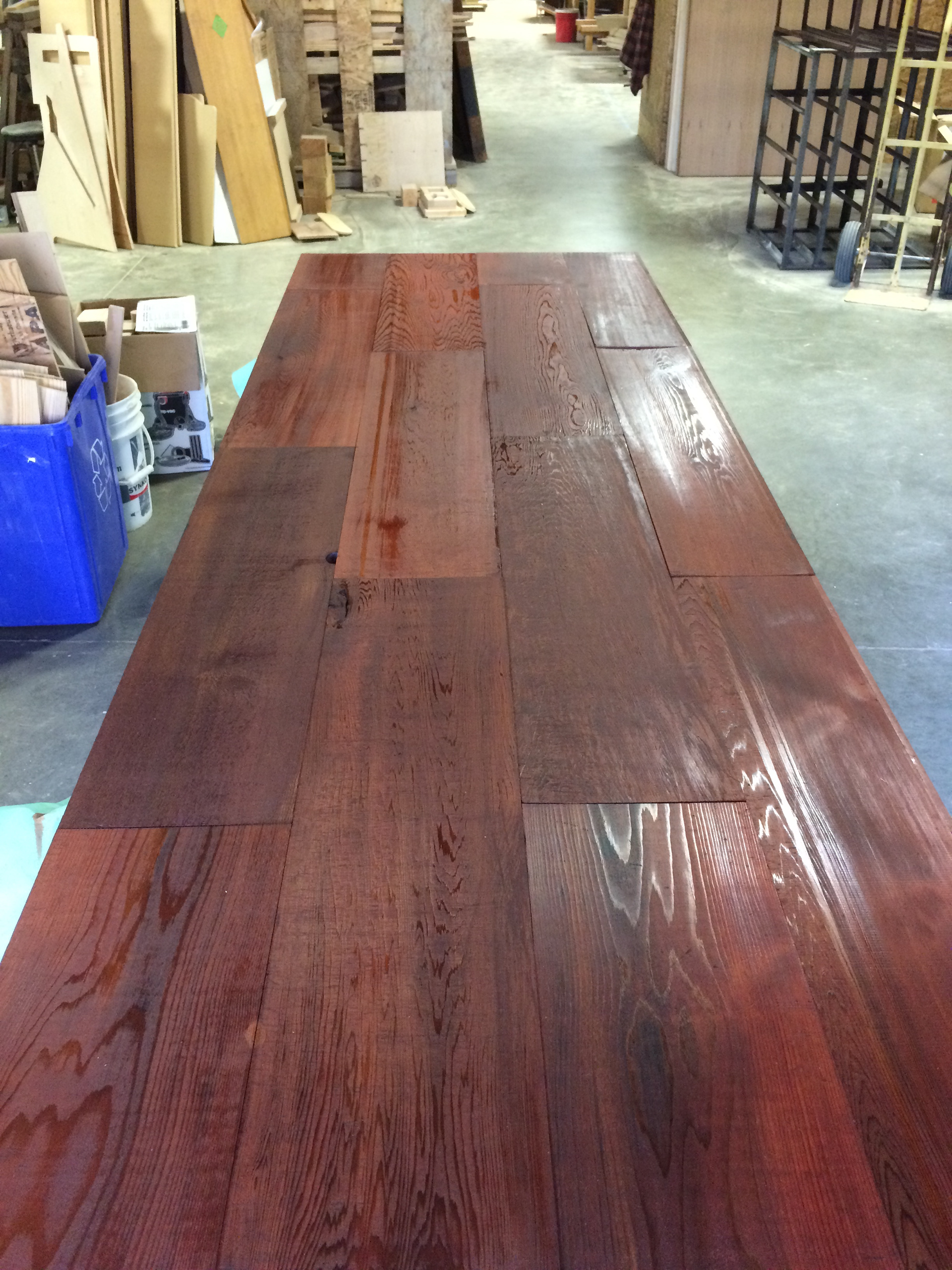

Shelving into counterfacade
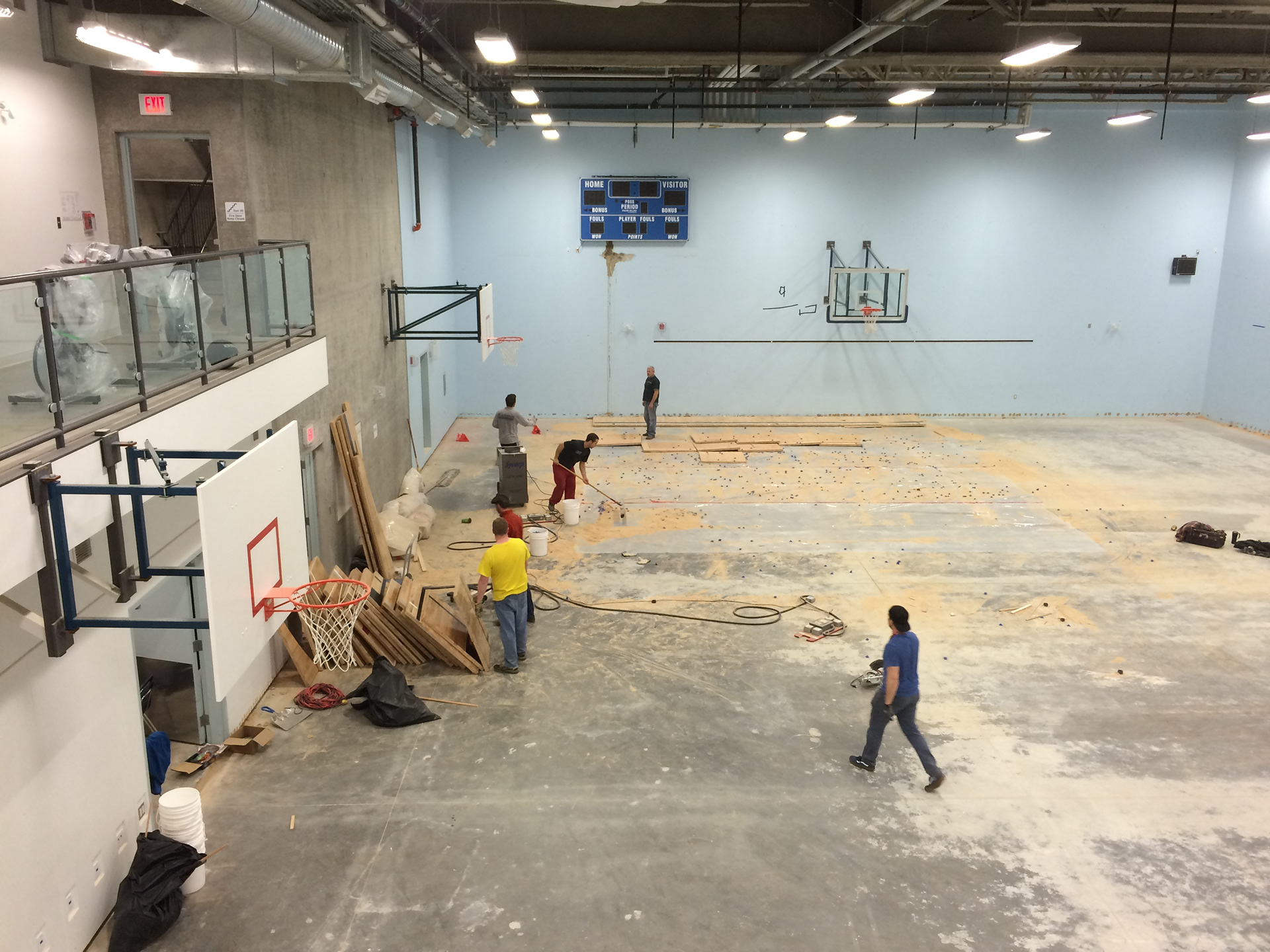
EastVan Gym floor collection
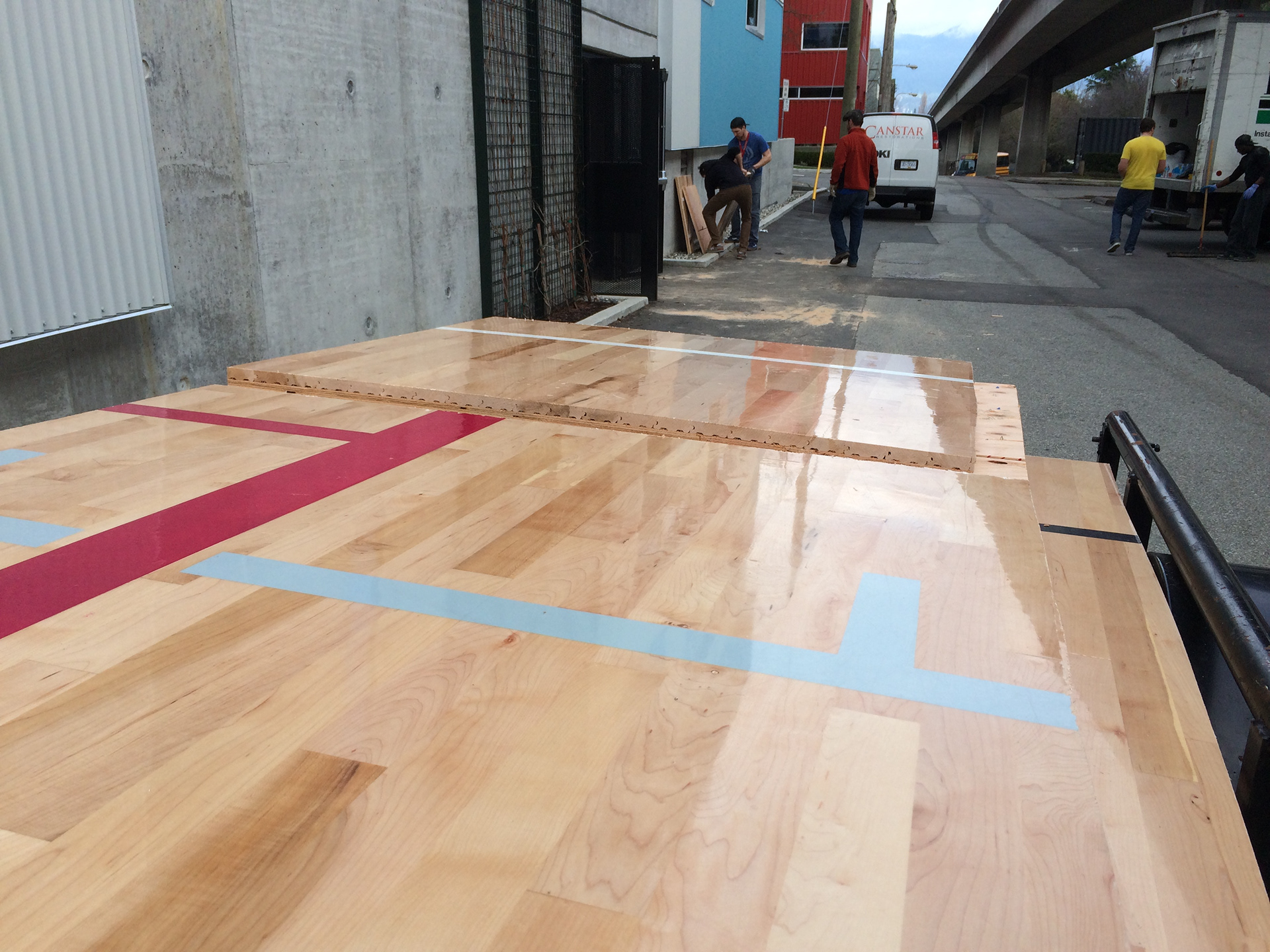
Capilano Tea House
The matrons of the Capilano tea house approached us to consider their space, culture and hereditary textiles and design and build furniture that would celebrate their roots. We co-designed coffee tables, countertops and seating for the space from upcycled Douglas fir and cedar


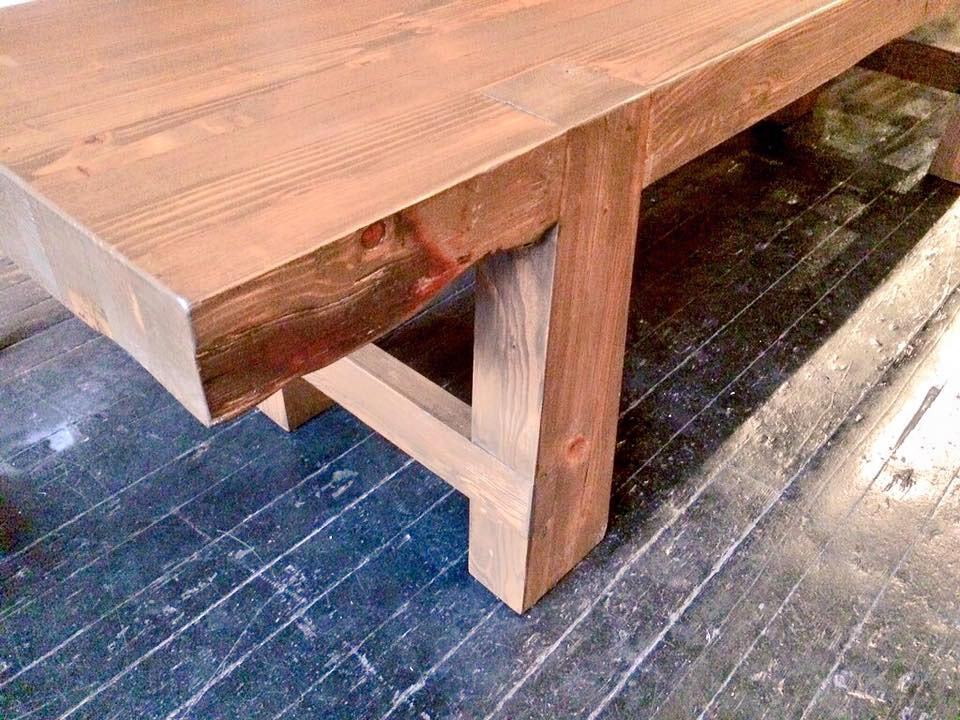
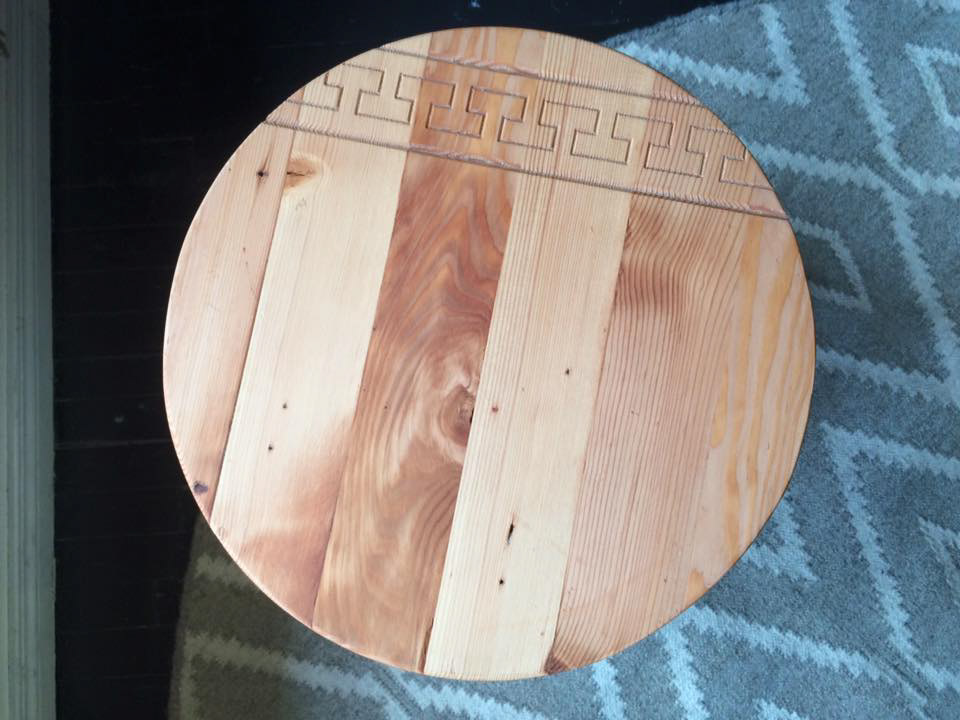
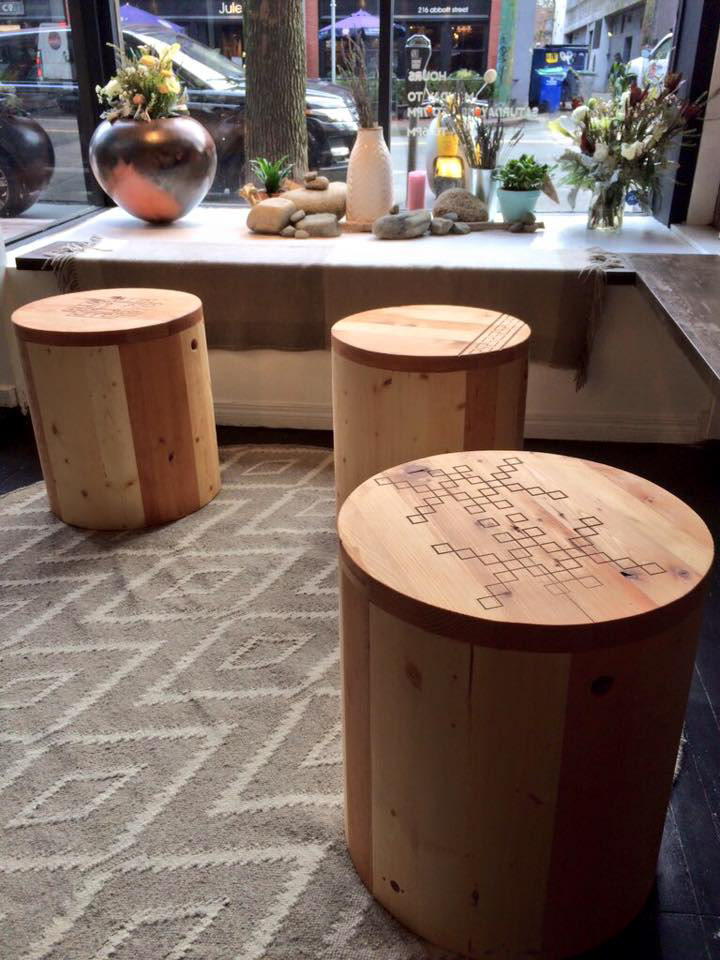
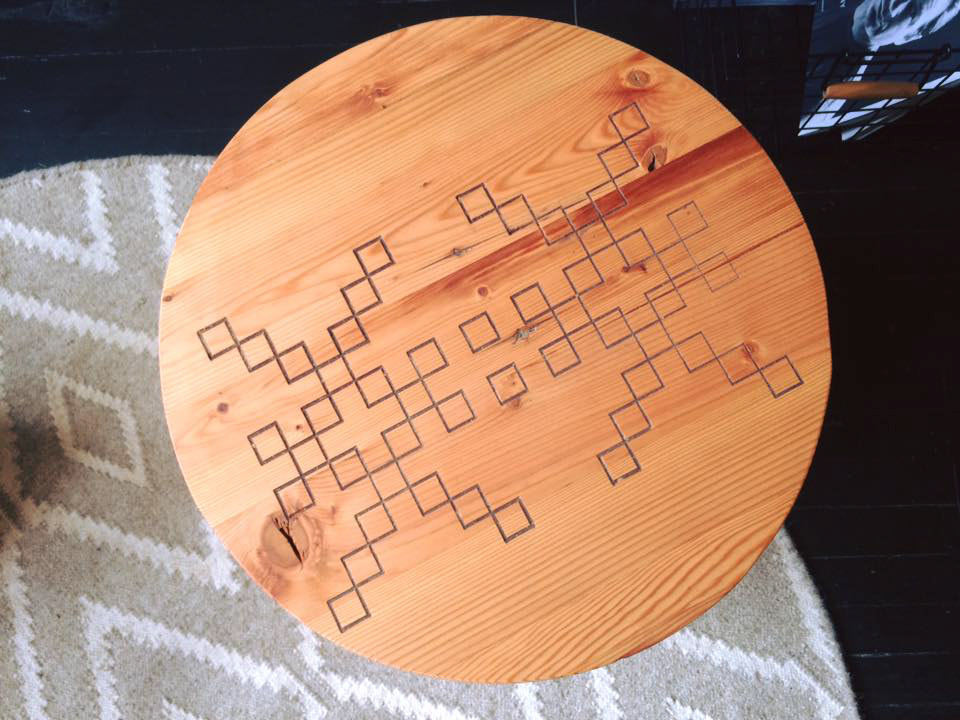
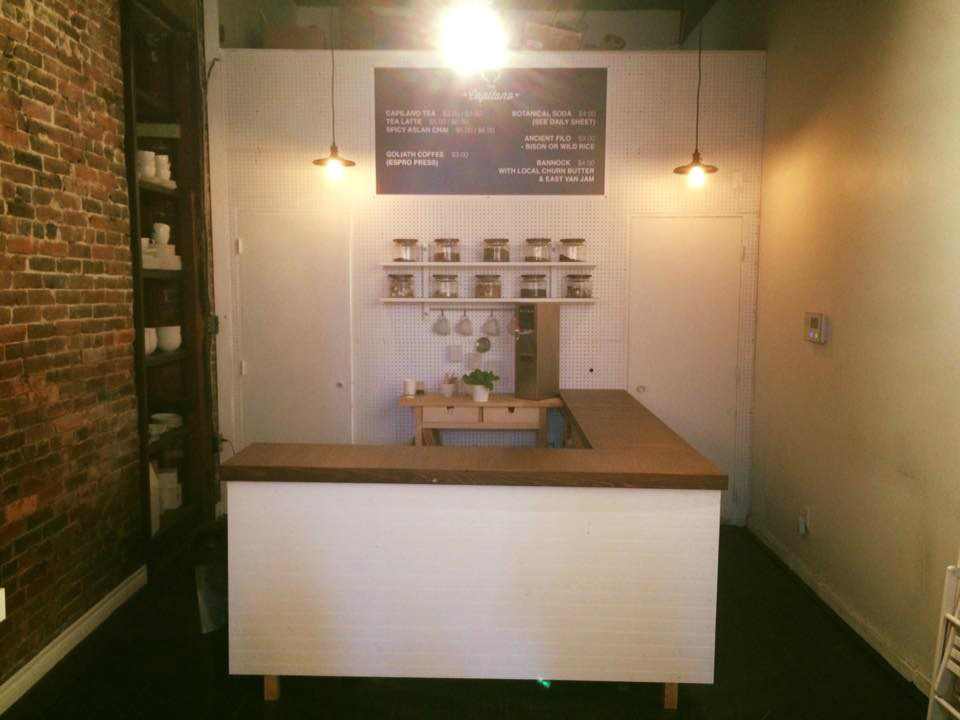
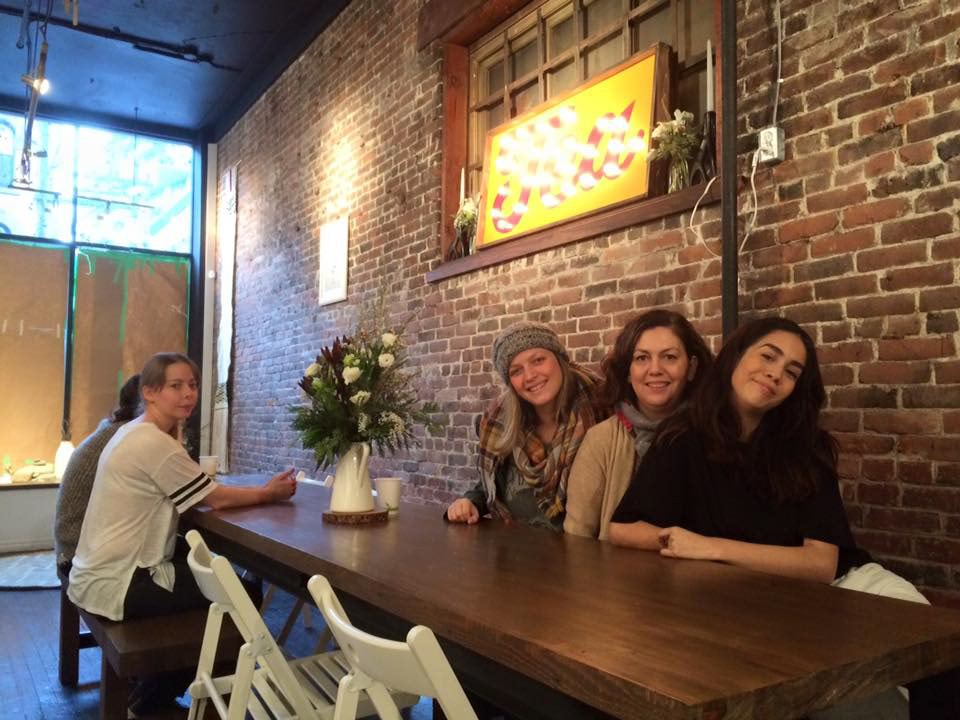
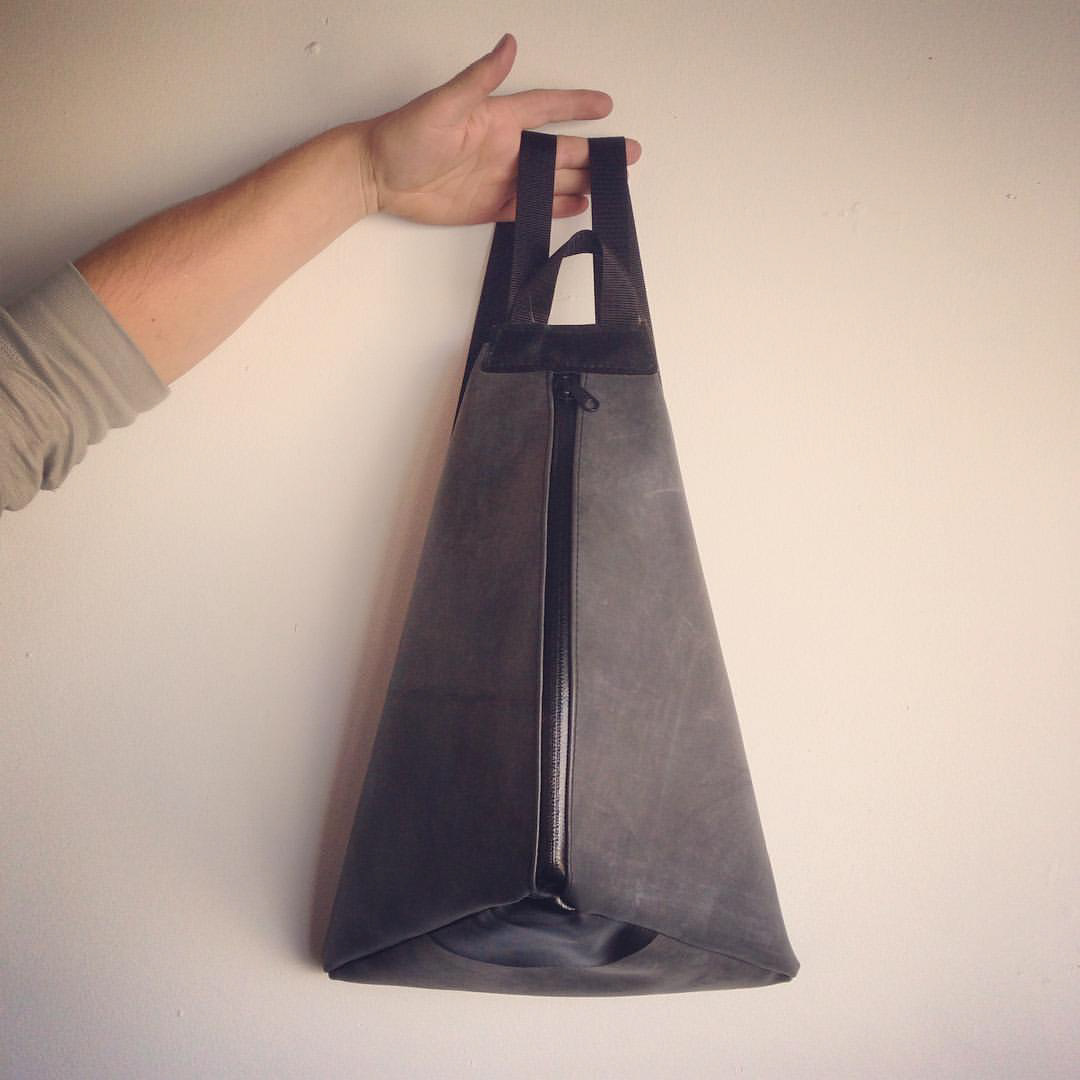
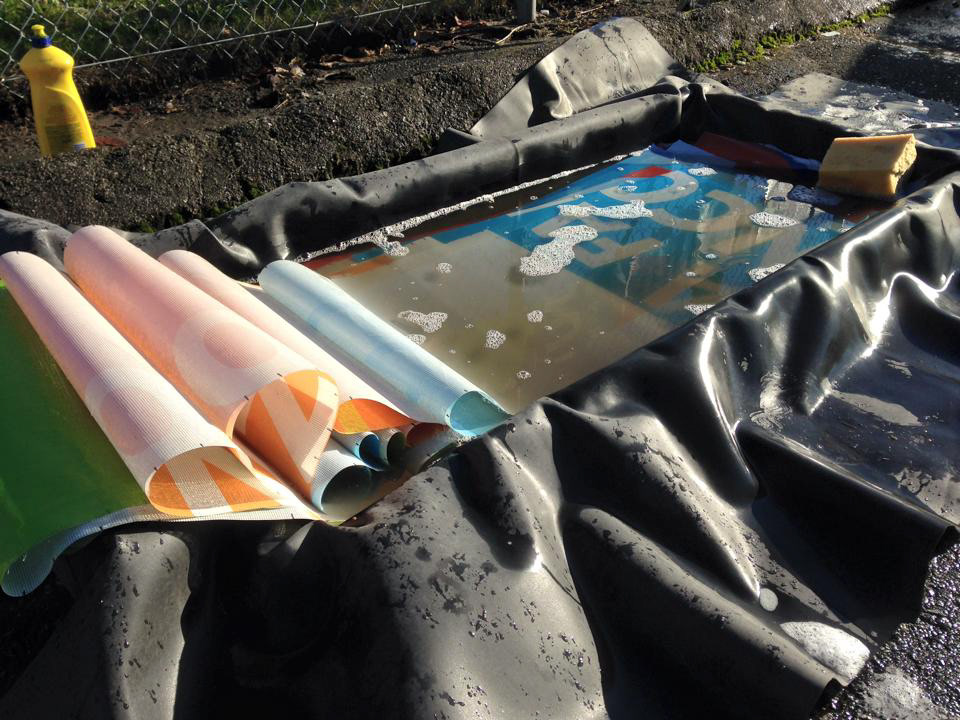
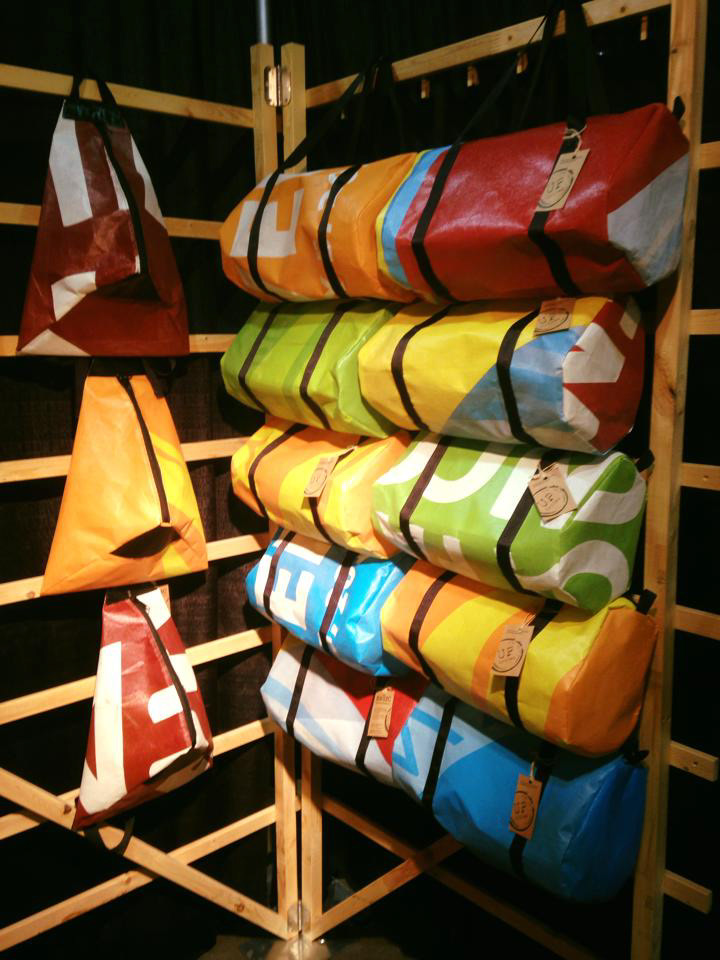

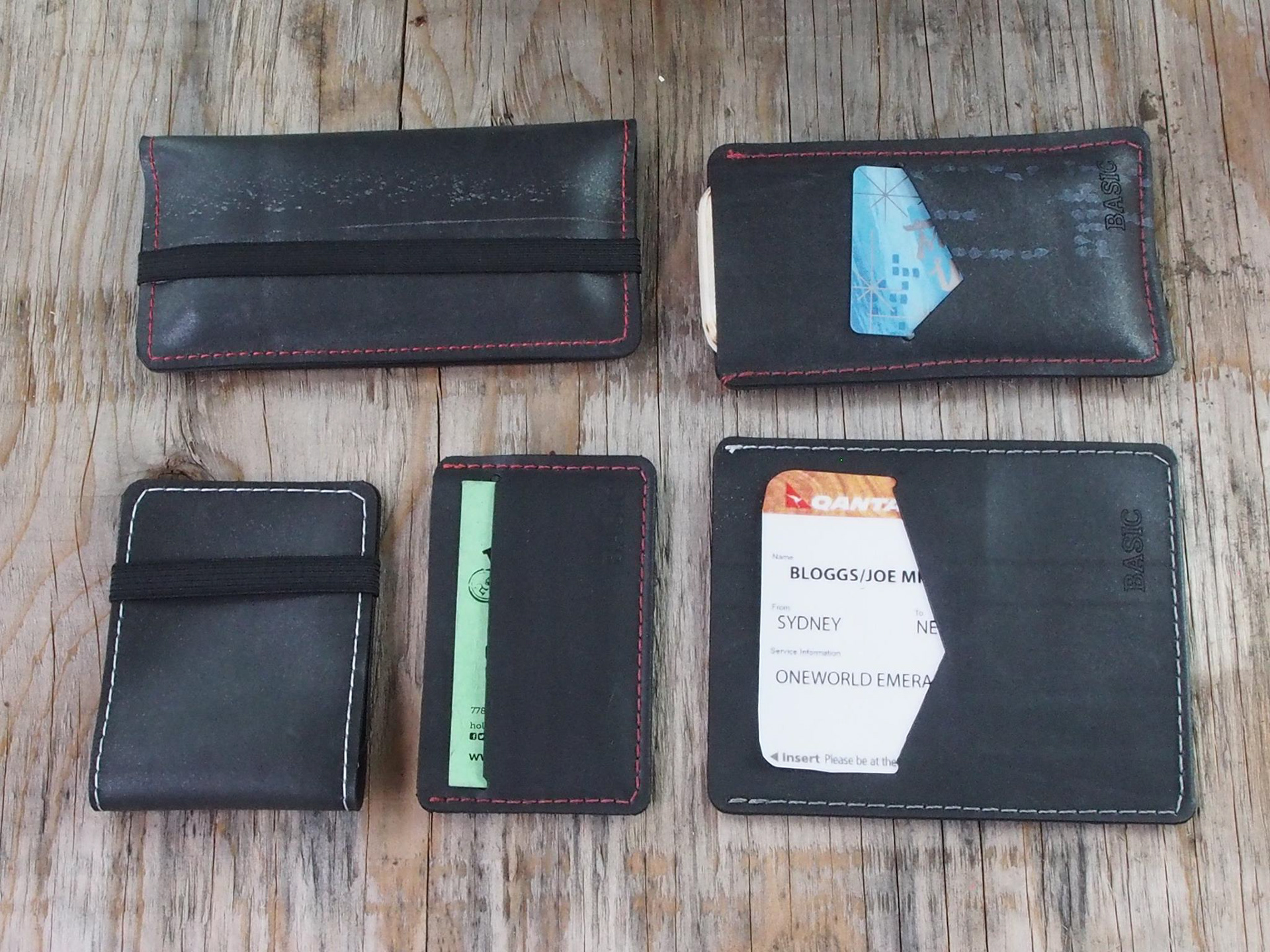

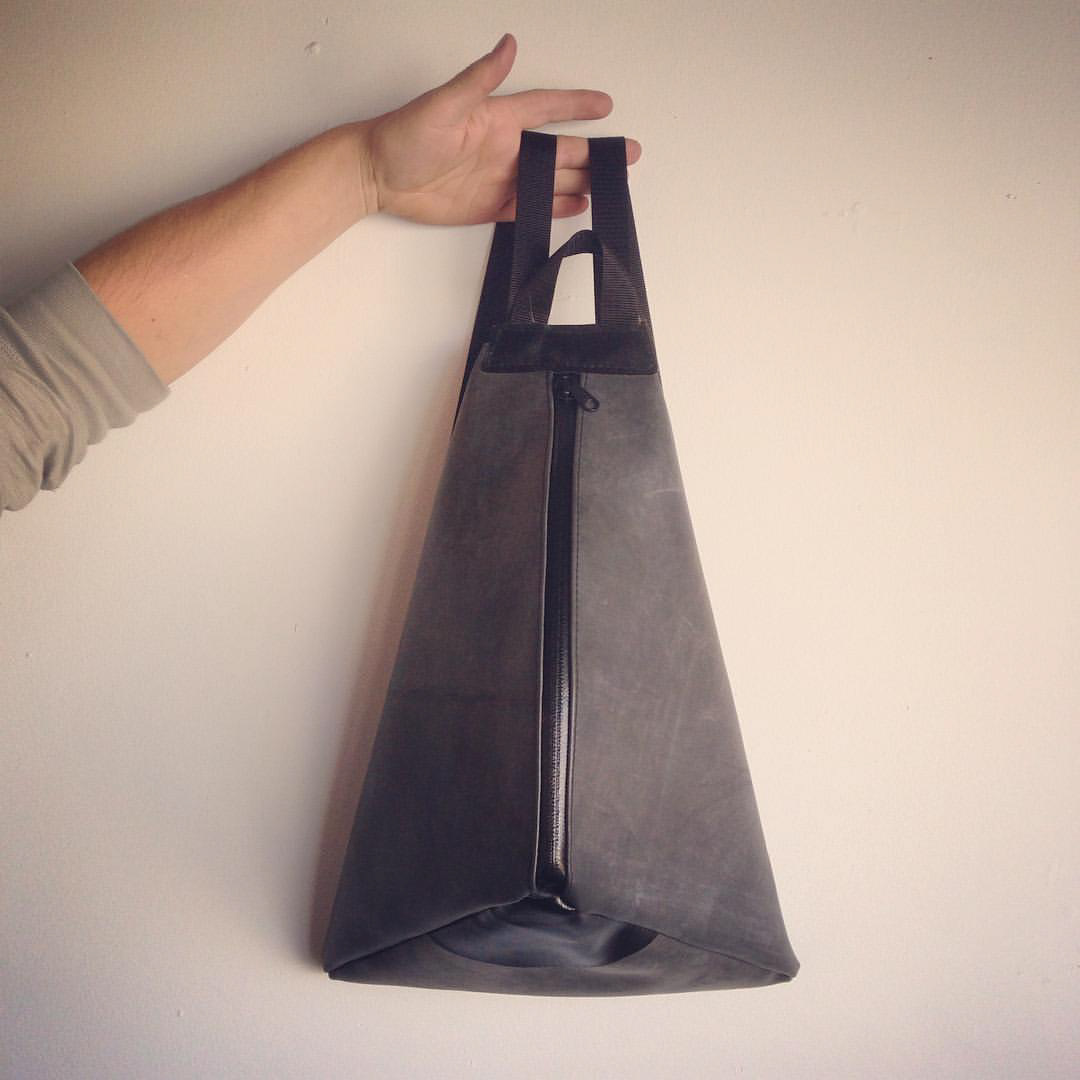
CLIENTS and PARTNERS
